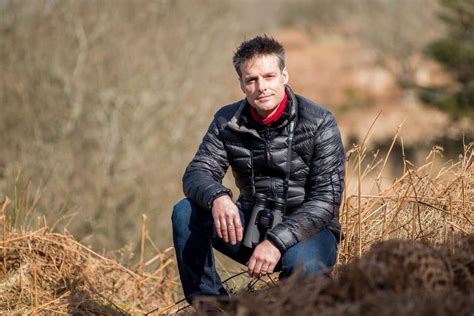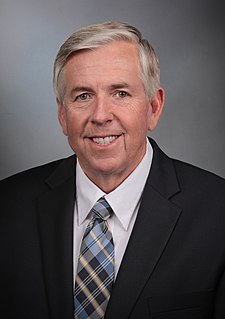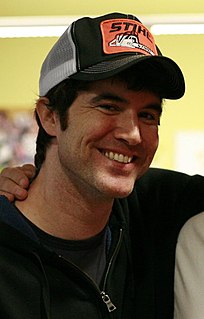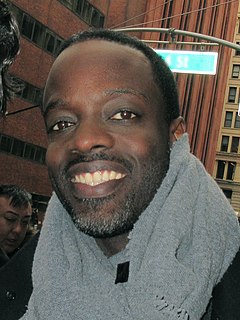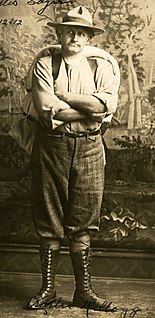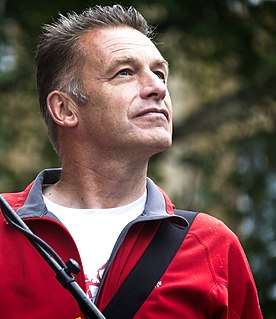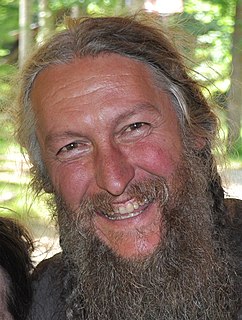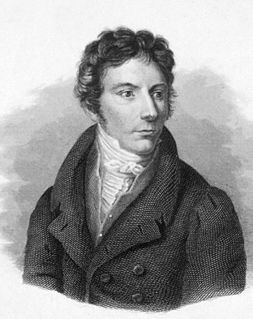A Quote by Nick Baker
If businesses are to redeem themselves in the eyes of the public and regain the trust that they have lost, they should worry a lot more about what they stand for and entrust those with expertise in communication a much freer rein to express this in ways that people might recognise as being sincere and sympathetic, rather than stilted and formulaic.
Related Quotes
Being vulnerable is allowing yourself to trust. That's hard for a lot of people to do. They feel a lot more secure if they kind of put walls around themselves. Then they don't have to trust anybody but themselves. But to allow you to trust not only yourself but trust others means - is what's required to be vulnerable, and to have that kind of trust takes courage.
If you are doing a piece about somebody, even if you admire them tremendously and express that in the piece, express that admiration, if they're not used to being written about, if they're civilians, [...] they're not used to seeing themselves through other people's eyes. So you will always see them from a slightly different angle than they see themselves, and they feel a little betrayed by that.
In one sense, Facebook is very focused as an address book, as efficient communication. It's like e-mail or like IM or something like that. And we do those things, too, but we do so much more. We try to focus on the whole world and all the things that people are interested in, rather than just people to people, or one to one communication.
The problem is no longer getting people to express themselves, but providing little gaps of solitude and silence in which they might eventually find something to say. Repressive forces don’t stop people from expressing themselves, but rather, force them to express themselves. What a relief to have nothing to say, the right to say nothing, because only then is there a chance of framing the rare, or ever rarer, the thing that might be worth saying.
There's no question that in my lifetime, the contrast between what I called private affluence and public squalor has become very much greater. What do we worry about? We worry about our schools. We worry about our public recreational facilities. We worry about our law enforcement and our public housing. All of the things that bear upon our standard of living are in the public sector.
People should not worry as much about what they do but rather about what they are. If they and their ways are good, then their deeds are radiant. If you are righteous, then what you do will also be righteous. We should not think that holiness is based on what we do but rather on what we are, for it is not our works which sanctify us but we who sanctify our works.
If you get too deep into the history, what often happens to a lot of us actors is that we become stilted. We forget that we're reading about something that happened a hundred years ago. If we don't put the human emotion that would naturally be in there, we end up being stilted instead of being human beings.
